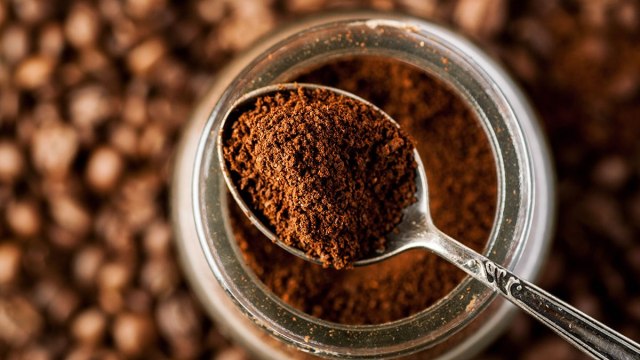For when humans have to evade predators, we have a fight-or-flight response to help alert our body to a danger. When we’re stressed our body releases a group of hormones called glucocorticoids (including cortisol) whose job it is to replenish the energy supply lost during the stressful encounter by revving sugar cravings and increasing fat stores, to prepare for the next fight-or-flight encounter.
The challenge with this is that, the same cortisol is released even when we are not being chased, but when we’re just in a chronically stressed state.
This covid-19 situation has many of us watching mainstream news, with the same repetitive mainstream media narratives eliciting fear and stress. And when we are in this chronically stressed state, the body often craves sugar, or in this state we fall into old unhealthy patterns of snacking and overeating. And when we snack often the food choices are low on the nutritional scale, high in sugar, and high in fat.
Some examples of these foods that keep us on a chronic stress cycle with high cortisol and high-low sugar swings and dehydration are: refined sugar products, packaged foods, low fibre carbohydrates (white bread, cookies), factory farmed red meat, undiluted fruit juice, red wine, diet soda, and coffee.
Instead, lets look at a number of healthy options that may help lower or keep cortisol levels stable, lowering the effects of stress in the body:
- foods high in folic acid such spinach, chickpeas, lentils, asparagus, avocado, broccoli
- olive oil
- complex carbohydrates like steel cut oats
- fish high in omega-3s like wild salmon
- strawberries – high in vitamin C an antioxidant helpful in high stress
- rooisbos tea – high in a powerful flavanoid aspalathin to help reduce stress hormones
- dark chocolate -at least 70% cacao
- red peppers -high in vitamin C
- nuts -high in magnesium
- plain yogurt – high in probiotics


